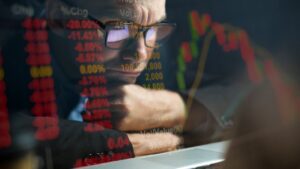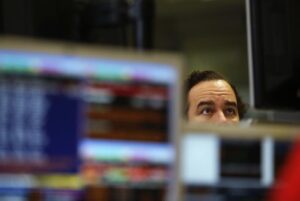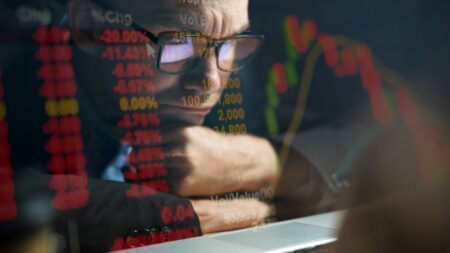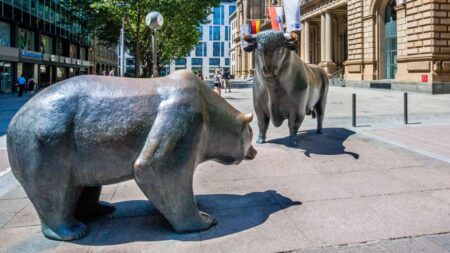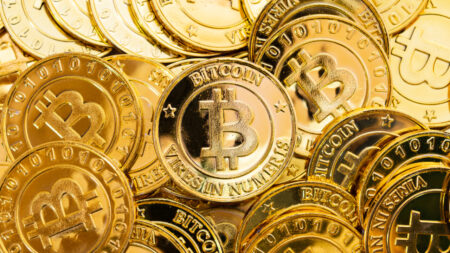A corner store in a great location can be a wonderful business, but only at the right price.
Take a store that produces $100,000 annually in profits on a million dollars of invested capital: that’s a 10% return, and it’s probably worth buying at any price less than $1.2 million. After all, even if you pay $1.2 million you’ll get an 8.3% cash return every year.
If you paid $10 million for the same store, your return would only be 1%. That would be an abysmal investment.
That’s why Warren Buffett always says “A great investment is a wonderful business at a fair price.” It can’t just be a wonderful business, and it can’t just be at any price.
The AI revolution, undoubtedly a sea-change in the way business is done, has minted a whole new set of wonderful businesses—many already insanely profitable with great prospects of future growth. But just as it did in the dotcom bubble, the market is getting ahead of itself. Way ahead.
A new AI bubble has formed, fueled by dollars in a mad rush to avoid FOMO. This movie will end the same way the prequel did: in tears. Just as with the dotcom bubble, the technology will prove important and lasting, with many companies going on to be extremely successful… but with many of their stocks needing to collapse first in order to reset their true values for reality.
Take Nvidia (NVDA), the darling of the AI universe. The company’s lightning-fast chips form the superhighway of the artificial intelligence grid. Other semiconductor manufacturers have been slow to the race, offering NVDA a quasi-monopoly. And NVDA is more than priced for it. At 77 times earnings and 66 times book value, NVDA is trading at multiples like the NASDAQ in 1999. It’s become one of the three most valuable companies in the world, along with Apple and Microsoft. Undeniably a superstar, its current price still portends a reckoning in its future.
It’s easy to forget that Amazon (AMZN), the clear winner of the dotcom bubble, had to collapse 95% from its high in 1999 before rising to become the extraordinary success it is today. Yes, 95%. And it took years to recover.
There are beneficiaries of the AI feeding frenzy that trade at reasonable multiples. Alphabet (GOOGL), for example, trades at 29 times earnings and 8 times book value. This, too, is expensive—but well justified by its 21% returns on invested capital and its leading position with generative-AI tool Gemini. Many additional companies that are reasonably priced will also benefit from the AI revolution, such as Oracle (ORCL) and Applied Materials Inc (AMAT), both holdings in the Schwab Large-Cap Value ETF (SCHV
Schwab U.S. Large-Cap Value ETF
The lessons of past market cycles should loom large over the current tech bubble. To reference an old-school game that predates both dotcoms and AI, you don’t want to be the one without the chair when the music stops.
James Berman owns GOOGL, AMAT, ORCL and SCHV both for himself and for clients.
Read the full article here


